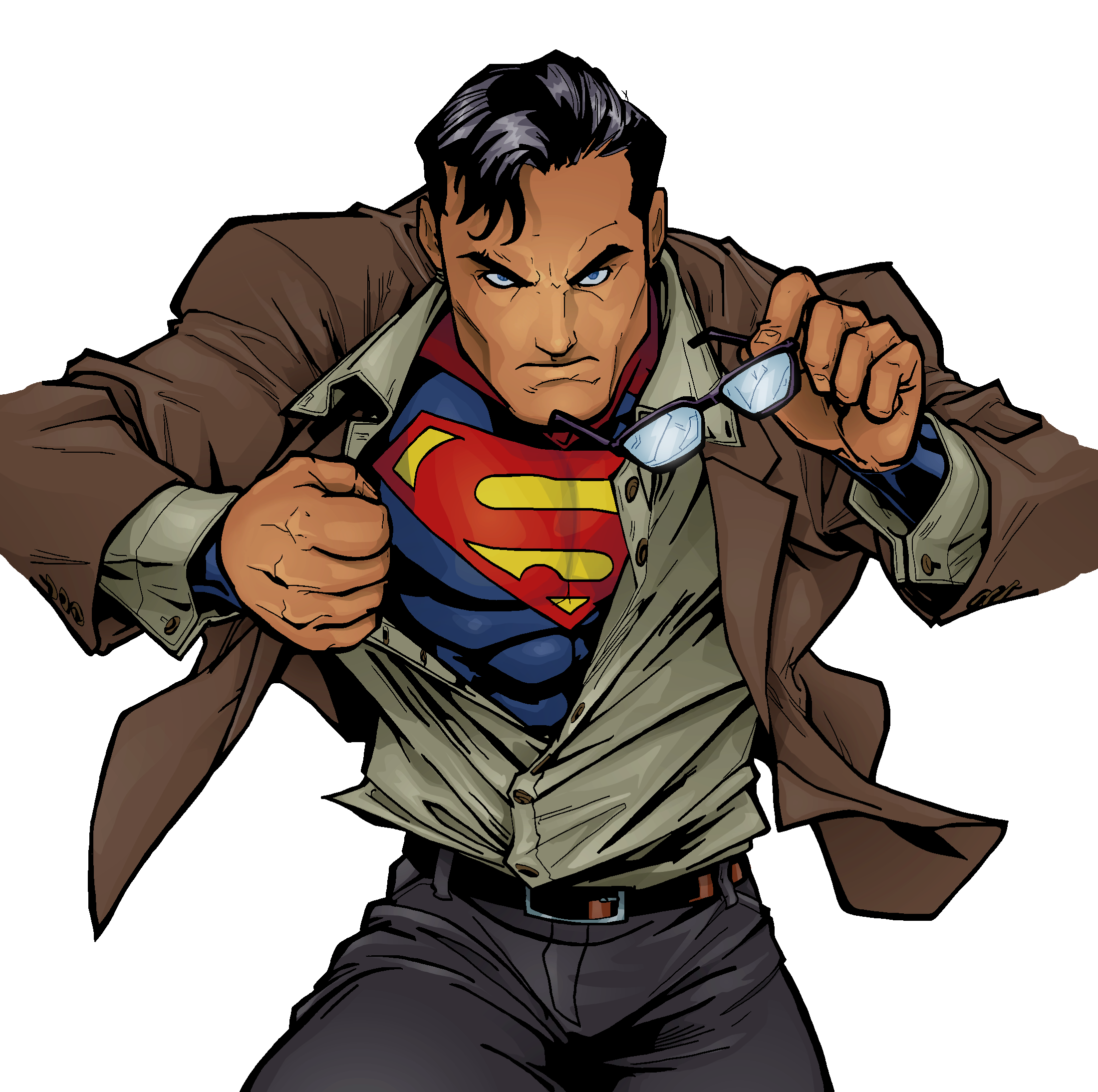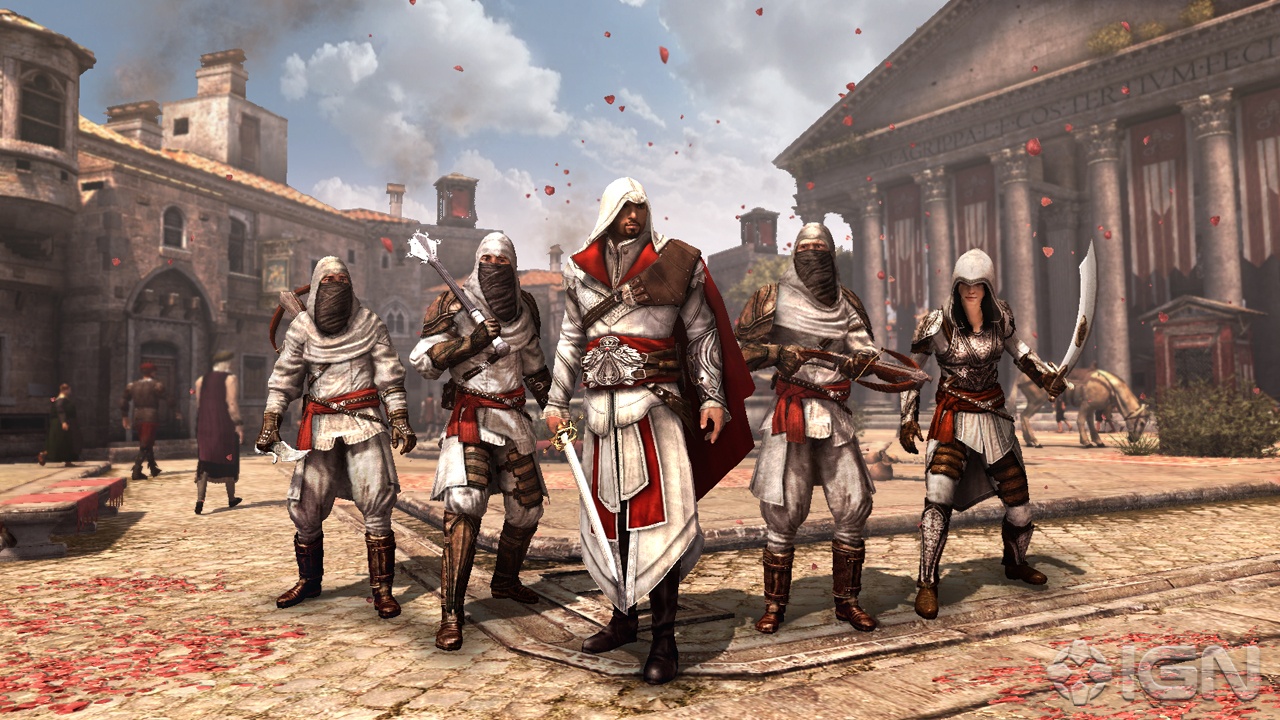The simplest games will use only the Bronze level ones, these are essentially the core attributes or Stat block items that every game that uses the HitDice system needs to function. Games that use only the Bronze level will function a lot like a board game.
This "Simple" games will essentially define base levels for all other stats that the game will allow/require. This means that some of the games may still use a Gold/Silver/Copper level ability, but rather than every hero having a different value, they simply define every hero to have the same Rank, so rather than echoing it on every character sheet, it's simply defined at a global level...as well as defining a rank for all undefined items (I'll cover that a bit later).
Bronze level items are essential the heroes Pools (things like Life, Energy, Destiny) as well as a hero's Speed. So that every HitDice game allows these items to vary between hero's. But for the simplest of games they may define a hero as having 10 Life, 5 Energy, 4 Destiny and 4 Speed, which are modifiable via items found or skills learned, but essentially every one is playing the same build.
Copper level games allow for different combat abilities ABCD: Accuracy, Battle, Control and Defense. These games allow for the basic hero archetypes to begin to be defined. You can have high-Health/high-Battle tank types, or high-Accuracy/high-Destiny shooter types. Typically the archetypes will have high in a couple, offset by low in others.
 At the Copper level is where the basic combat heavier or skirmish games will typically fall as the basic archetypes along with equipment/loot stacked on these will make for sufficiently complex battles to be created.
At the Copper level is where the basic combat heavier or skirmish games will typically fall as the basic archetypes along with equipment/loot stacked on these will make for sufficiently complex battles to be created.Basic role-playing board games types, as well as overlord style games will fall into the Silver level. These add the idea basic skills that a hero will be able to do. These will fall inline with the archetype expectations of what that hero "should" be able to do.
Here would be a typical "Silver" level character card:
A "Copper" level would essentially have all the smaller circle abilities removed, and "Bronze" level would just have the Health, Energy, Karma and Speed, along with a generic Attack. Though to it may state something like -1 with two-handed weapons or +1 with ranged attacks, which is similar in function as the different attacks, but handed with another mechanic rather than adding other types of attacks.
Now at the Copper level using a convention such as Skill and Item cards, you can get the same variety as the Silver level without having to define the Silver level skills. This would work by possibly defining all skills at Rank 2, then having abilities like "Keen Vision" or "Magnifying Glass" granting a +1 Rank each to the skill of "Searching". Then you can get the same variety as the Silver level with Copper level attributes, but custom game mechanics add the require level of complexity.
 Gold level games would essentially to the traditional RPG type games that would give similar game play experience as Dungeons & Dragons, Pathfinder or Savage Worlds. These define all the standard skills on a per hero customizable on archetype/template basis, that are further customizable through hero advancement.
Gold level games would essentially to the traditional RPG type games that would give similar game play experience as Dungeons & Dragons, Pathfinder or Savage Worlds. These define all the standard skills on a per hero customizable on archetype/template basis, that are further customizable through hero advancement.
Essentially their would be a Platinum level of a HitDice game, this would expose the underlying hidden attributes that are used in the defining the base archetype templates, but since these are really not used after character creation I typically don't list them on the Gold hero sheets.
I'm currently spending most of my free time working on Zombie-Town which is essentially the simplest game I have using HitDice rules on, which falls into the Bronze level. Then I've got Dun-Jion which has both Copper and Silver type rules, but only Silver hero card. For the Copper level you just don't really use the skills.
Then as a double-check and end-to-end complexity check I've been working more on the full RPG version of the rules as well. This has caused a few ripples through the general game mechanics as I've worked out how I wanted the game to function at that level, and what the implications of the change would be at the other levels.
So getting back to the increasing complexity and adding variety of the Bronze level game. In Zombie Town (ZT), I simply define all attacks rolls are done at Rank 1, then add the weapon modifier onto that rank. Same thing goes with "Searching", in advanced games (Silver+ level) this would use perception, but for ZT searching is defined at a Rank 3 roll, adjusted by the location modifier and possibly item modifier as well. Hero's in ZT still add variable play styles and function as they have different pool values and speed attributes, but other than that are mostly defined by their equipment.
This about sums up the complexity scale, so that people can roughly determine the games implementation of the HitDice rule set. Essentially Bronze and Copper play more like board games, where Silver and Gold begin adding more traditional RP elements to the game.











